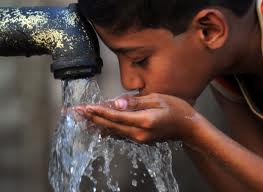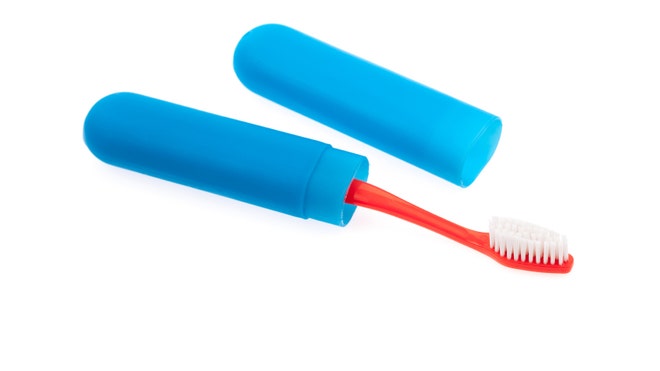Water borne diseases are cause for the deaths of millions of people every year. Consuming water that contains pathogenic microorganisms causes water borne diseases. In most developing countries, water borne diseases are the main cause of childhood death, especially with diarrhea.
How Water Borne Disease Transmitted?
Most of the people get infected when the contaminated material enters their mouth. Other possible modes of transmission include:
- Dirty contaminated hands, clothes, cooking vessels, mugs, etc.
- Uncovered food and drinking water
- Contaminated water
- The practice of defecating in the open
- Via flies
Ways to Avoid These Diseases
In order to prevent infectious water borne diseases, it is important to take necessary precautions. The quality of water should be improved at the source itself. In certain areas, the quality of water supply might be of question. In such cases, it is necessary to disinfect the water before use. Water that is used for all purposes like drinking, cooking, and brushing of teeth should be disinfected properly. The common household ways to avoid water borne diseases by disinfection include:
- Vigorously boiling water for one minute can kill most microorganisms.
- Common household items such as chlorine bleach, tincture of iodine, and iodine tablets can be used to disinfect water.
Another important measure that should be taken to avoid the spreading of pathological microorganisms is the interruption of routes of transmission such as protecting food from flies, chlorination of water, and maintaining proper sanitation, etc. It is vital to change ensure proper hygiene in order to avoid waterborne diseases.
- Drink only filtered/bottled water.
- Wash hands properly before eating.
- Wash the containers daily.
- Eat cooked, warm foods.
- Keep your fingernails short and clean.
- Use of proper toilets for defecation.
- Wash food before cooking and cook food at high temperature so as to kill harmful bacteria.
- Avoid flies by disposing animal and organic wastes properly.
- Ensure to take proper care in disposing of infant and toddler feces.
- Avoid consuming foods, fruit juices, and milkshakes from roadside vendors.
- Always keep foods and beverages closed.
- Avoid drinking water at parks and other such recreational places. It is best to buy bottled water or carry your own water.
- Another common place where one can put oneself at risk of contracting water borne illnesses is hospitals as they can be breeding grounds of pathogenic microorganism. Always sanitize your hands and bath after visiting a hospital.
- Rivers and creeks can be breeding grounds for bacteria; avoid swimming in such waters.
- Washing hands is the most important method of prevention of waterborne diseases. One should wash hands before preparing food and before eating. Likewise, it is necessary to wash hands after using the toilet, changing diapers, after using handkerchief, after changing clothes or beddings soiled with feces, after caring people with water borne illness, and after playing with pets and animals.
Travelers are most likely to contract water borne illnesses, and here are certain tips that can help to lessen the chances of getting ill.
- Ensure to drink only bottled water. Check for any sign of tampering.
- Avoid ice cubes as these are a major source of contaminated water.
- Avoid eating uncooked food.
To prevent the spreading of waterborne illnesses, people suffering from waterborne illness should be confined to themselves from work until symptoms have subsided.
Source: home remedies for you



